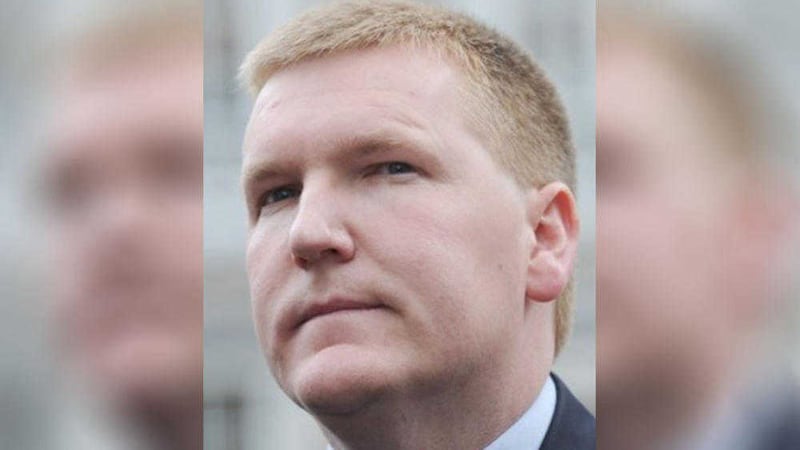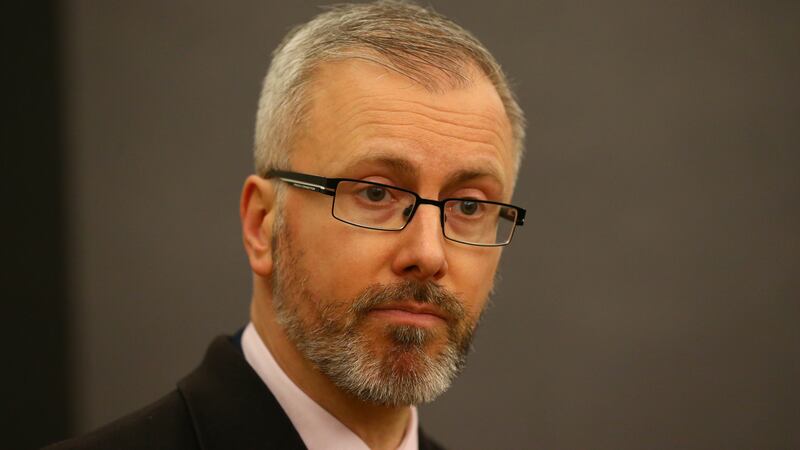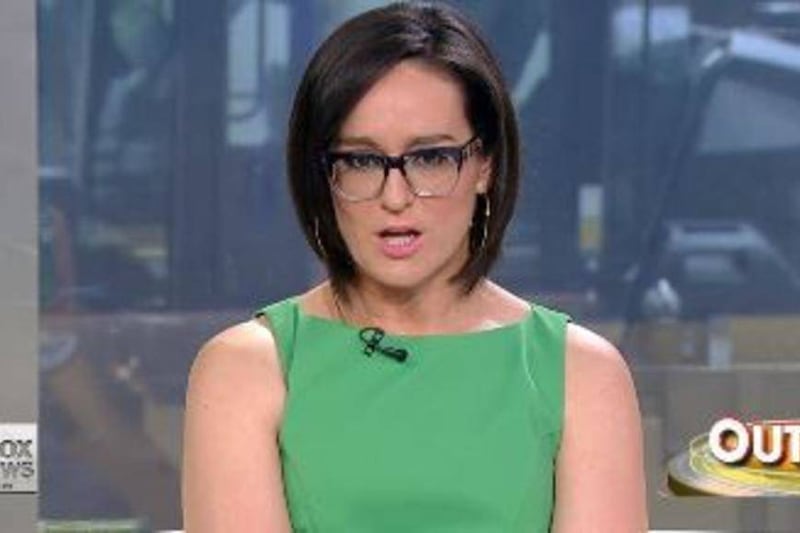IRELAND'S incredible economic growth figures – branded "leprechaun economics" – may leave the government inadvertently looking for a pot of gold.
Finance minister Michael Noonan confirmed the 26.3 per cent surge in GDP last year could ultimately see the state fork out another €280 million for being in the European Union.
His department said the estimated bill for the 2017 Brussels budget was "as best as can be calculated at this point".
The dramatic surge in the economy, released by the Central Statistics Office (CSO) last week, was labelled farcical by some experienced economists and even drew amazement from Nobel prize winning economist Paul Krugman, who coined it as "leprechaun economics".
Taoiseach Enda Kenny admitted the numbers do not reflect accurately what is happening on the ground.
The inflated GDP numbers are mainly due to a massive surge in aircraft leasing business being recorded in Ireland, several hundred billion of company assets being transferred in and a more than doubling of intangible assets being held in Ireland.
Despite the potentially big increase in Ireland's contribution to the EU, Mr Noonan's office said many factors used to count up the bill have yet to be finalised.
But it said: "The minister for finance has confirmed that the recent revised GDP figures mean that may need to increase by €280 million over the amount set out in the summer economic statement."
Mr Noonan's office said Ireland's budgets over the next two years would be based on growth of 5 per cent for 2016 and 4 per cent for 2017, rather than the dramatically revised numbers from the CSO.
The EU budget contributions are worked out through calculations of customs duties, the VAT take and a percentage of each member state's Gross National Income (GNI) which is based on the incomes of residents.
Ireland has traditionally received more from the EU budget than it contributes.
The estimated increase in payments to Europe was revealed in a parliamentary question by Fianna Fáil finance spokesman Michael McGrath.
Mr Noonan told him: "We currently estimate the impact of the CSO revision on our EU Budget contribution for 2017 as €380 million.
"However, other mitigating factors mean the overall increase in the EU budget contribution is now estimated to be in the order of €280 million."
Mr Noonan said final decisions on the size of the EU budget will not be set until November.








